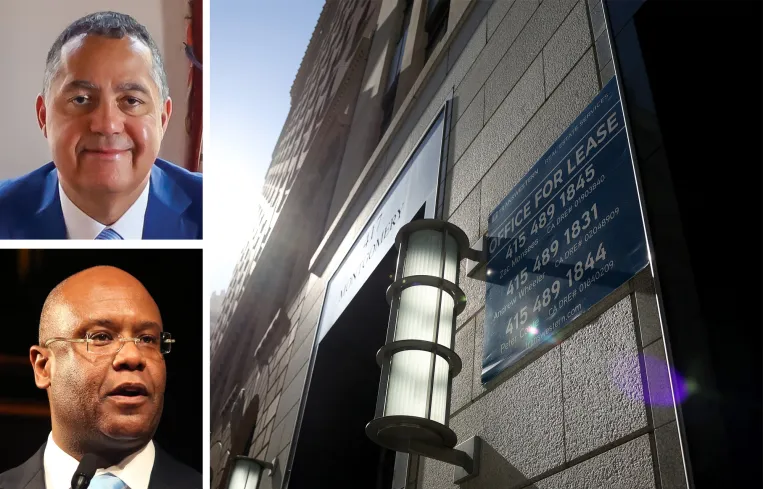Click here to read the original article in the Charlotte Business Journal.
Real estate investment and development executive Don Peebles and private equity veteran Doug McNeely are launching a fund targeting the country's oversupply of office space.
Click here to read the full article in Bisnow.
Our Chairman and CEO, Don Peebles, joined Bloomberg’s “The Close” to share insights on the future of commercial real estate, the ongoing shortage of affordable housing, and how markets like D.C. can reinvent themselves post-pandemic. He also discussed the launch of Donahue Douglas, his innovative new investment firm, co-founded with seasoned asset management professional, Douglas McNeely.
Affordable housing will be the primary focus in the first phase of the long-awaited Brooklyn Village mixed-use project in Charlotte.
Read the full article in The Charlotte Observer.
THE PEEBLES CORPORATION®
NEW YORK
BOSTON
WASHINGTON, DC
CHARLOTTE
ATLANTA
MIAMI BEACH
SAN FRANCISCO












